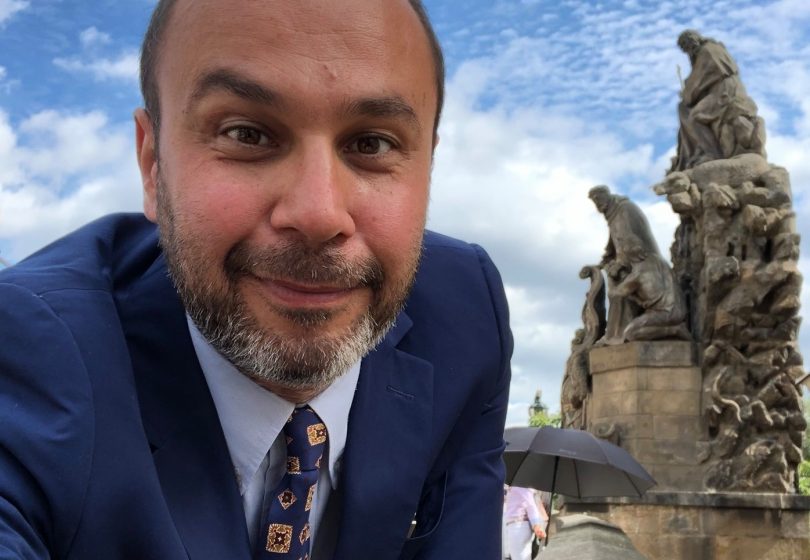Abstract
Machine learning is nowadays capable of coming up with creative and inventive outputs that until not long ago just human beings were capable to produce. Music, literature, art and new inventions are already being created by computers and machines. Can these outputs be protected by copyright and patent laws? If they are protectable, who should be deemed the owner of the resulting copyright and patent? The talk will delve into these burning legal questions and issues, expanding on the challenges machine learning and artificial intelligence in general pose to the authorship and inventorship requirements as well as the legal provisions on originality and inventive step/nonobviousness in several jurisdictions, including United States, United Kingdom and the European Union (EU).
Speaker

